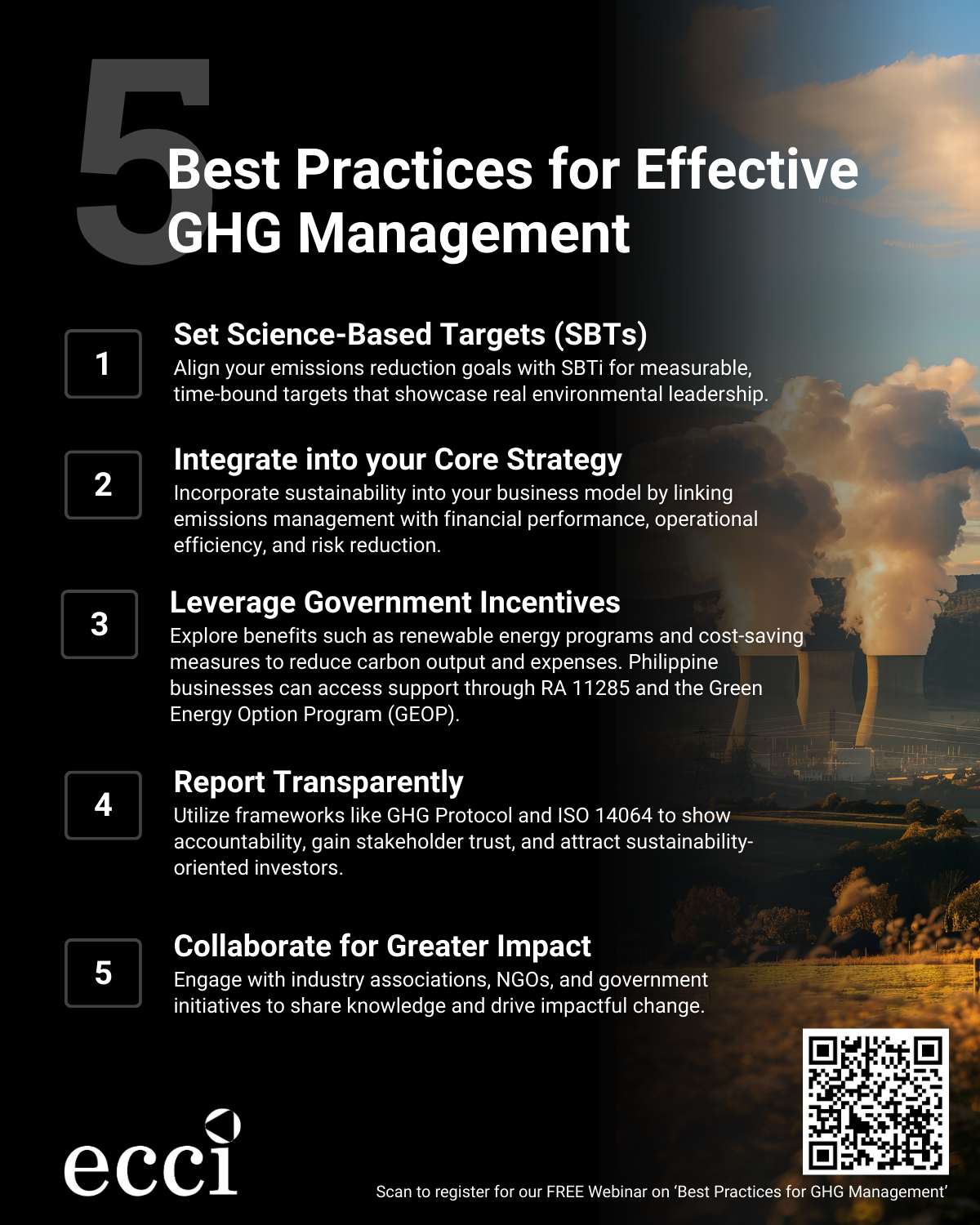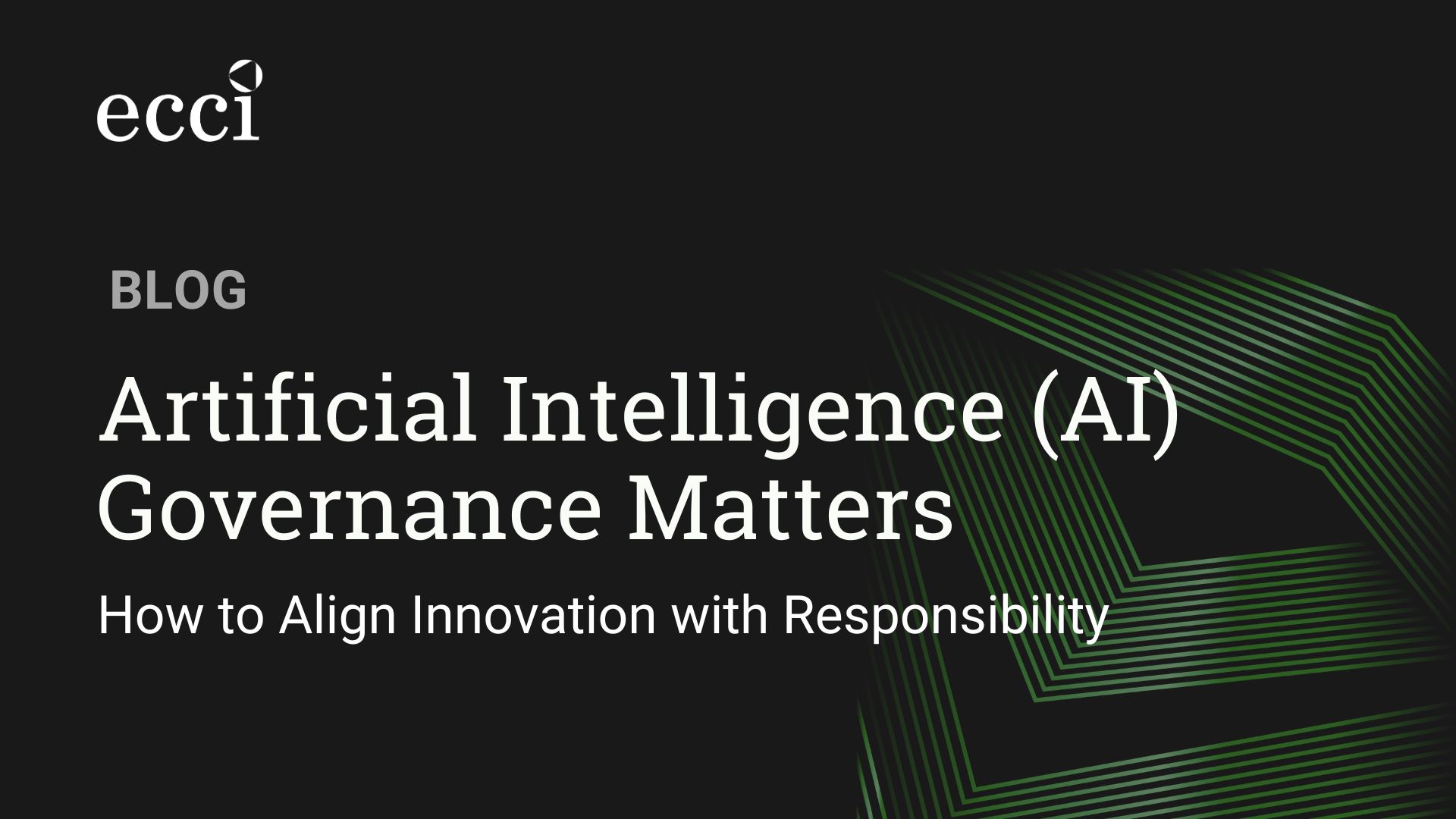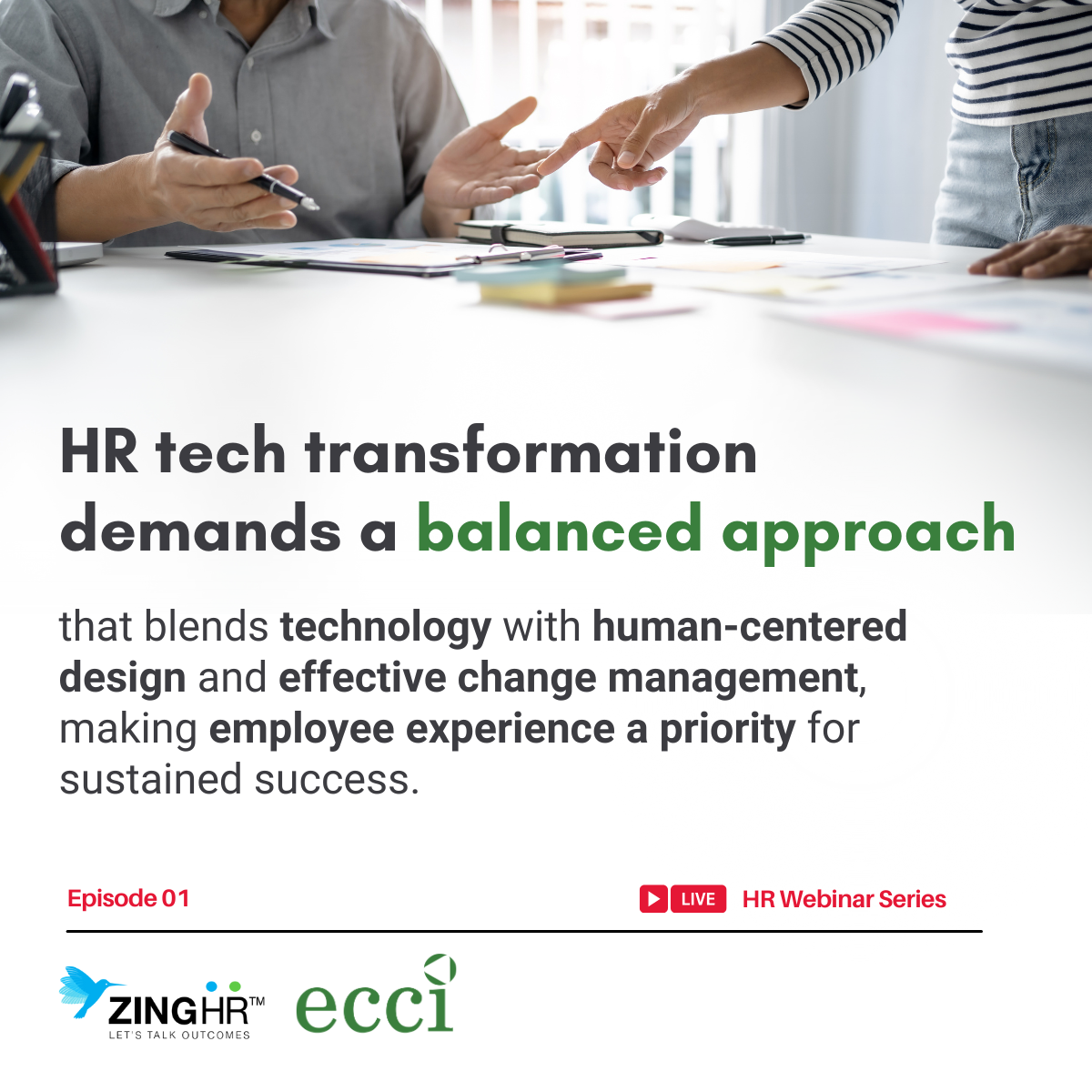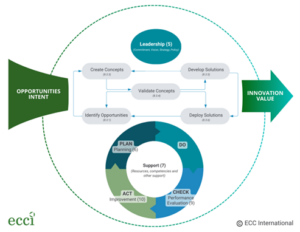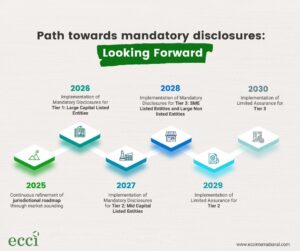Understanding GHG Accounting and Its Business Impact
Greenhouse gas (GHG) accounting is a systematic approach to measuring, managing, and reducing emissions that contribute to climate change. As businesses worldwide shift toward sustainable operations, GHG accounting has become a fundamental component of corporate responsibility and regulatory compliance.
Accurate GHG measurement helps organizations assess their environmental impact, improve energy efficiency, and align with global sustainability goals. In the Philippines, where environmental regulations are evolving, integrating GHG accounting into business strategy ensures long-term resilience, cost savings, and competitive advantage.
Why GHG Accounting Matters for Businesses
Companies that adopt GHG accounting can effectively integrate sustainability into their operations by identifying inefficiencies and opportunities for improvement. This practice enables businesses to:
- Cost Reduction – Identifying and addressing energy inefficiencies leads to lower operational expenses.
- Regulatory Preparedness –Proactive GHG management helps businesses comply with evolving local and global environmental policies.
- Investor Confidence – Sustainability performance is increasingly linked to investment decisions and financial stability.
- Risk Management – Measuring emissions supports businesses in mitigating climate-related financial and operational risks.
- Competitive Edge – Organizations with robust sustainability initiatives are more attractive to customers and partners.
Standards and Frameworks for GHG Accounting and Reporting
Several internationally recognized standards guide GHG accounting and sustainability reporting:
- Greenhouse Gas Protocol – Developed by the World Resources Institute (WRI) and the World Business Council for Sustainable Development (WBCSD), this is the most widely used framework. It categorizes emissions into three scopes: direct emissions (Scope 1), indirect emissions from purchased energy (Scope 2), and value chain emissions (Scope 3). The protocol provides corporate, project, and product-level accounting methodologies.
- ISO 14064-1:2018 – An international standard providing principles and requirements for quantifying, reporting, and verifying GHG emissions at the organizational level. It helps businesses develop accurate and transparent emissions inventories and supports third-party verification.
- Global Reporting Initiative (GRI) – A widely recognized sustainability reporting framework that includes disclosures on emissions, environmental impact, and climate-related strategies. GRI Standards require companies to report Scope 1, Scope 2, and Scope 3 emissions, along with their mitigation efforts.
- Sustainability Accounting Standards Board (SASB) – Provides industry-specific standards for integrating climate-related risks and sustainability issues into financial reporting. SASB focuses on materiality, helping investors assess a company’s sustainability performance within their sector.
- Task Force on Climate-related Financial Disclosures (TCFD) – A framework designed to help organizations disclose climate-related financial risks and opportunities. TCFD’s recommendations align sustainability reporting with investor expectations, emphasizing governance, strategy, risk management, and metrics for climate disclosures.
- Carbon Disclosure Project (CDP) – A global disclosure system that enables companies to measure, manage, and disclose environmental impact data. It encourages transparency in climate-related risk management.
SEC Sustainability Reporting Guidelines in the Philippines
In the Philippines, the Securities and Exchange Commission (SEC) has begun revising its sustainability reporting guidelines to align with the global adoption of climate-related disclosures, which now emphasize climate resilience and emissions data.
- Mandatory Sustainability Reporting for PLCs (Starting 2026) – Publicly listed companies (PLCs) are required to disclose GHG emissions data in their sustainability reports.
- Limited Assurance Requirements – The SEC mandates external validation of sustainability disclosures to ensure credibility and reliability.
- Web-Based SuRe (Sustainability Reporting) Framework Application – The SEC is introducing a digital reporting tool to streamline compliance and enhance climate risk assessment.
- Transition to Comprehensive GHG Accounting – Organizations are encouraged to implement structured methodologies for Scope 1, Scope 2, and Scope 3 emissions measurement.
With these evolving regulations, there exists a need for businesses to identify their emission sources, set baseline emissions and targets, and track and monitor annual emissions to stay compliant by the time these requirements become mandatory.
Integrated Reporting and GHG Accounting
As sustainability and financial performance become more interconnected, many companies are adopting Integrated Reporting (IR), which combines financial and non-financial information into a single, value-driven report. The International Integrated Reporting Framework (IIRC) encourages organizations to demonstrate how sustainability factors, including GHG emissions, impact long-term business success.
- Linking GHG Emissions to Business Strategy – Integrated reports showcase how emissions reduction strategies contribute to financial resilience.
- Investor Confidence – Integrated reporting provides a comprehensive view of risks and opportunities tied to climate action.
- Enhanced Decision-Making – Organizations that embed sustainability data into financial reports can drive strategic decisions that balance profitability and environmental responsibility.
Components of GHG Accounting
GHG accounting follows structured methodologies to measure and categorize emissions:
- Scope 1 – Direct emissions from owned or controlled sources, such as fuel combustion in company-owned facilities and vehicles.
- Scope 2 – Indirect emissions from purchased electricity, steam, heating, and cooling.
- Scope 3 – Other indirect emissions from supply chain activities, business travel, product use, and waste disposal.
Understanding these scopes allows businesses to identify priority areas for emissions reduction and long-term sustainability planning.
Steps to Implement GHG Accounting
For organizations new to GHG accounting, the following steps provide a structured approach:
- Establish Boundaries – Define which operations and activities will be included in emissions measurement.
- Identify Emission Sources – Gather data like fuel consumption, energy use, transportation, and waste management.
- Select an Accounting Framework – Align with standards such as the Greenhouse Gas Protocol and ISO 14064-1:2018.
- Quantify Emissions— Use standardized methodologies to calculate emissions in carbon dioxide equivalents (CO2e).
- Set Reduction Targets – Define science-based goals to lower emissions over time.
- Implement Reduction Strategies – Focus on energy efficiency, renewable energy, and sustainable procurement practices.
- Monitor and Report – Track progress, refine strategies, and communicate results transparently to stakeholders.
The Future of GHG Accounting in Business Strategy
As businesses worldwide accelerate climate commitments, GHG accounting is becoming an essential component of corporate sustainability. Organizations prioritizing accurate emissions measurement and reduction strategies position themselves for long-term success in an increasingly low-carbon economy.
By integrating GHG accounting into their operations, companies in the Philippines and beyond can drive meaningful climate action, strengthen their market presence, and future-proof their business against environmental and regulatory challenges.
How Can We Help?
To support businesses in mastering GHG accounting and sustainability practices, ECC International, in collaboration with APEX Global, is offering the “Climate Action Practitioner: GHG Accounting & Management” training course on April 25, 28, and 29 as part of our Sustainability Skills Series.
Whether you need to strengthen ESG compliance, manage climate risks, or embed circular economy principles, the Sustainability Skills Series offers actionable insights from industry experts. Check the calendar and register now to take advantage of early bird discounts and group rates.


